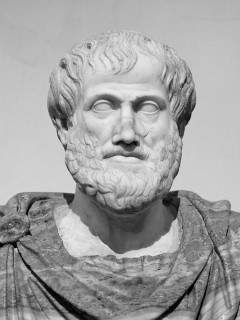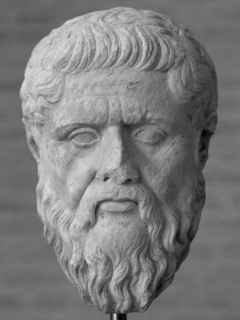
Publication details
Verlag: Springer
Ort: Berlin
Jahr: 2001
Pages: 47-66
Reihe: Philosophy and medicine
ISBN (Hardback): 9781402002007
Volle Referenz:
, "The lifeworld and scientific interpretation", in: Handbook of phenomenology and medicine, Berlin, Springer, 2001


The lifeworld and scientific interpretation
pp. 47-66
in: Toombs (ed), Handbook of phenomenology and medicine, Berlin, Springer, 2001Abstrakt
Though some would still say that it was under the spiritual aegis of Plato, current historical scholars prefer to hold that it was in fact under the aegis of a newly discovered mathematical Aristotle that something like the hypothetical-deductive account of modern science emerged in the 17th century and eventually became the "received doctrine' or "view' inherited by most professional scientific researchers today.1 The hypothetical-deductive method focuses on the permanence of the categorial inventory of things, the objectivity of mathematical ideas, and the necessity of the laws of Nature. Its privileging of theory is a legacy of the theological notion common to two millennia of secular and religious thought that the order in Nature comes from God (the ordering Demiurge or Creator) whose ideas it expresses.
Cited authors
Publication details
Verlag: Springer
Ort: Berlin
Jahr: 2001
Pages: 47-66
Reihe: Philosophy and medicine
ISBN (Hardback): 9781402002007
Volle Referenz:
, "The lifeworld and scientific interpretation", in: Handbook of phenomenology and medicine, Berlin, Springer, 2001


